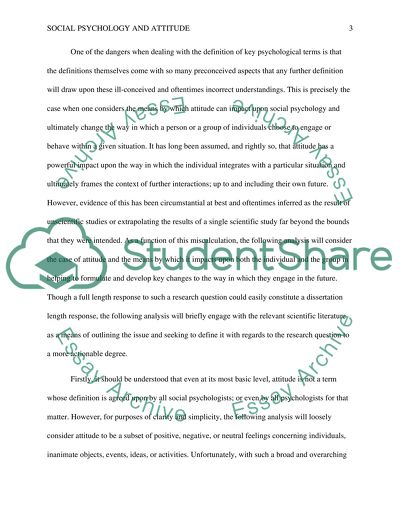Cite this document
(“Attitudes and its changes Essay Example | Topics and Well Written Essays - 1250 words”, n.d.)
Retrieved from https://studentshare.org/psychology/1483356-attitudes-and-its-changes
Retrieved from https://studentshare.org/psychology/1483356-attitudes-and-its-changes
(Attitudes and Its Changes Essay Example | Topics and Well Written Essays - 1250 Words)
https://studentshare.org/psychology/1483356-attitudes-and-its-changes.
https://studentshare.org/psychology/1483356-attitudes-and-its-changes.
“Attitudes and Its Changes Essay Example | Topics and Well Written Essays - 1250 Words”, n.d. https://studentshare.org/psychology/1483356-attitudes-and-its-changes.


